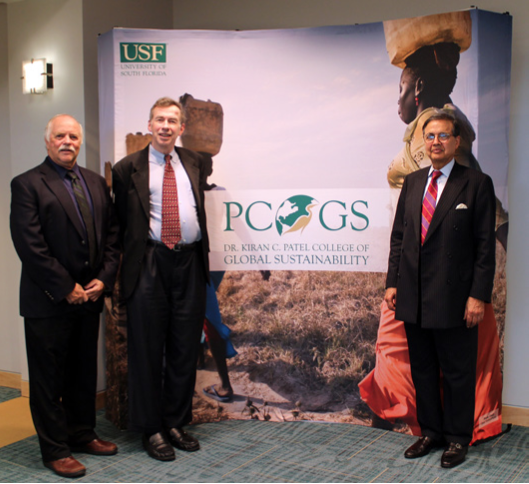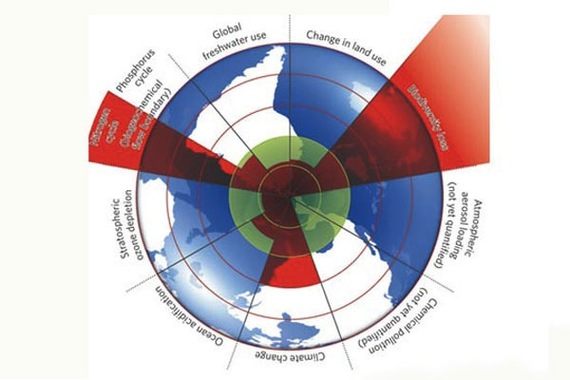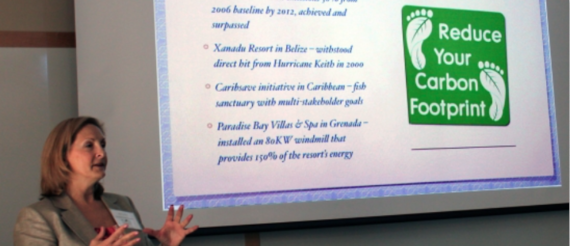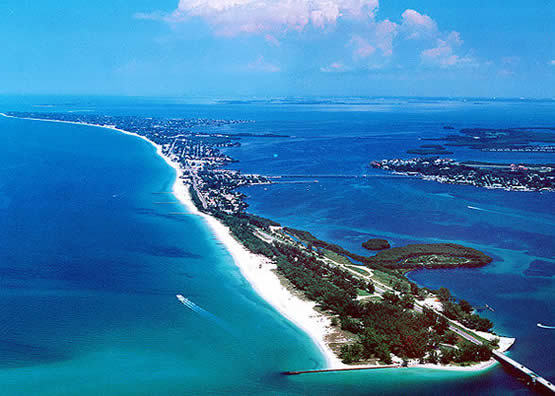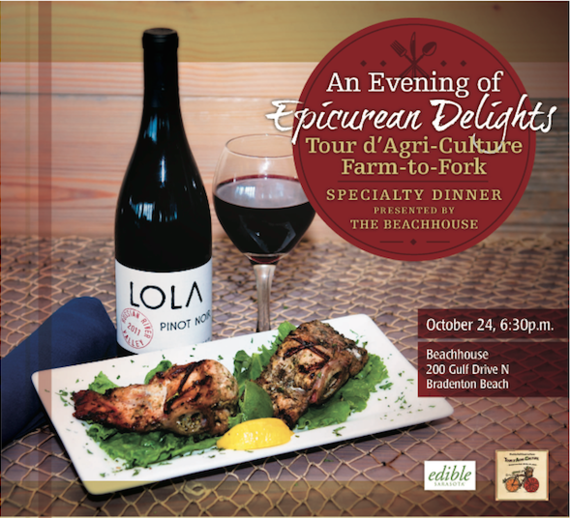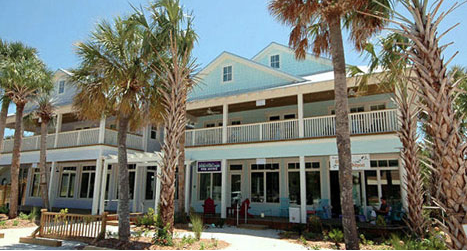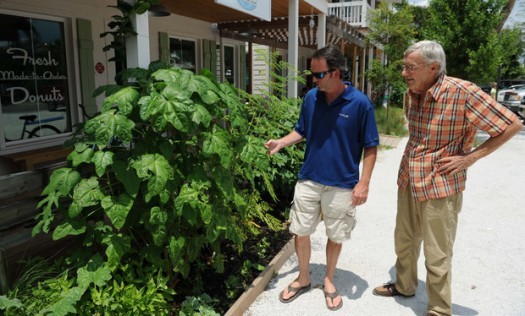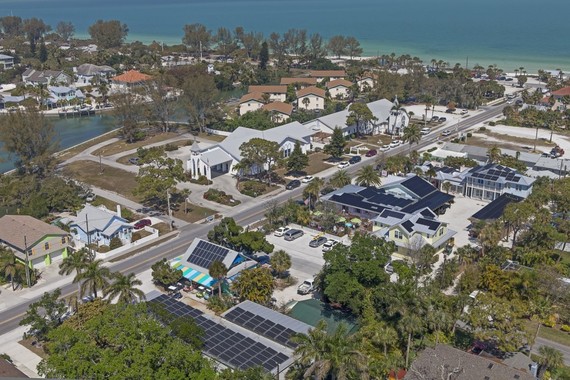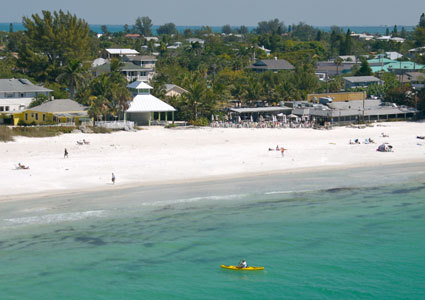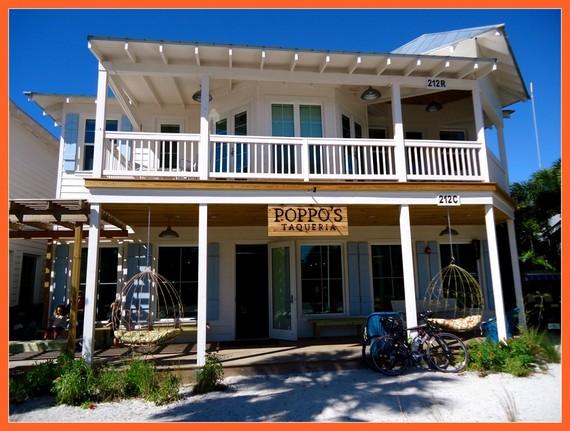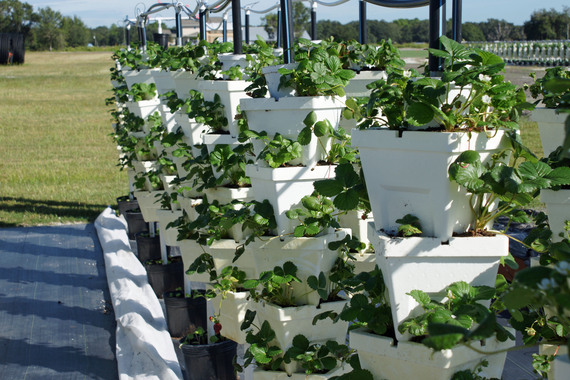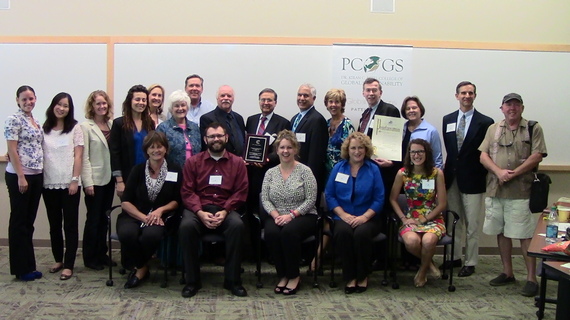The University of South Florida Patel College of Global Sustainability hosted a Sustainable Tourism Consultation on U.N. Day, October 24, 2014.
The Consultation was moderated by Dr. David Randle, director of the Patel College of Global Sustainability, Sustainable Tourism Concentration, and Mr. Richard Jordan, NGO Representative at the UN for the Royal Academy of Science International Trust.
Special guest and keynote speaker was Sarbuland Khan, Senior Counsellor, U.N. Headquarters Liaison for the U.N. World Tourism Organization.
L-R Dr. David Randle, Richard Jordan, & Sarbuland Khan
The consultation included about 50 persons including leaders in the tourism business and industry sector, environmental NGO's, academia, professional organizations related to tourism and the United Nations.
The event resulted in a Communique that includes:
- A recalling of past U.N. actions related to sustainable tourism.
- An effort to build upon the Sustainable Tourism Workshop and Outcome Document of the 65th Annual UN DPI / NGO Conference and the Samoa Pathway that calls upon the tourism industry for increased certification using the Global Sustainable Tourism Council's criteria.
- A call for the tourism industry to address the issues of climate change and ocean acidification through a reduction of carbon use in the industry.
- An acknowledgement that the tourism industry can play a major role in poverty alleviation, economic development, protection of cultural heritage, and protection of the environment.
- Encouraged that tourism develop education programs that build lifelong conservation values, and develop an ethic to protect the environment for both present and future generations.
- A call for greater integration of sustainable food practices including composting, local sourcing, and reduction of waste.
- A call for Heads of State or Government to take a proactive role in the development and promotion of sustainable tourism initiatives and the forging of dynamic entrepreneurship initiatives at academic institutions.
The Consultation examined the Nine Planetary Boundaries , developed by Johan Rockstrom and other scientist colleagues. The planetary boundaries include: climate change, ocean acidification, stratospheric ozone depletion, the nitrogen / phosphorus cycle, global freshwater use, changes in land use, biodiversity loss, atmospheric aerosol loading, and chemical pollution.
A team of graduate students at the Patel College of Global Sustainability including Barbra Anderson, Marcela Bonilla, Patrick Brady, Bianca Cassouto, Justin Farrow, Xiaomin Liu, Ericka McThenia, Katie Neff, Catalina Zafra, and presented to the consultation some best practices in tourism for mitigating the adverse impacts of the nine planetary boundaries and provided a few case studies for each one.
Barbra Anderson presents on the planetary boundaries of climate change and ocean acidification and tourism.
The consultation also reviewed best practice examples in the tourism industry for the 12 Blue Community Strategies. The 12 Blue Community Strategies were developed in collaboration with the Walt Disney Company with an emphasis on protecting coastal habitat and marine environments. The strategies focus on major issues such as climate change, ocean acidification, ocean pollution especially plastics, and overfishing.
The participants in the USF Patel College of Global Sustainable Development Consultation suggested to undertake the following concrete measures:
1. Creation of a "geo-mosaic" to identify good practices that can be replicated worldwide, in local contexts.
2. Creation of an ongoing informal coalition of the participants for further communication and cooperation.
3. Explore new ways of collaborating with the UNWTO to further the education, research, and implementation of sustainable tourism best practices.
The Consultation continued with a visit to Anna Maria Island where participants experienced some of the sustainable tourism consultation best practices featured during the university meetings. The tour of Anna Maria Island was led by Ed Chiles, Micheal Coleman, & Mike Miller.
Some of the highlights included:
- A farm to fork dinner at the BeacHhouse
The Sustainable Tourism Consultation brought diverse groups and interests together for a common cause.
The Consultation is perhaps best summed up with the remarks of Sarbuland Khan, following the close of the Friday session.
We invite you to participate in the ongoing conversation by sharing your comments and by sharing the Communique with others in your networks.
Dr David W. Randle - Director USF Patel College of Global Sustainability Sustainable Tourism, Managing Director International Ocean Institute Waves of Change Blue Community Initiative, and President & CEO WHALE Center.
Follow David Randle on Twitter
